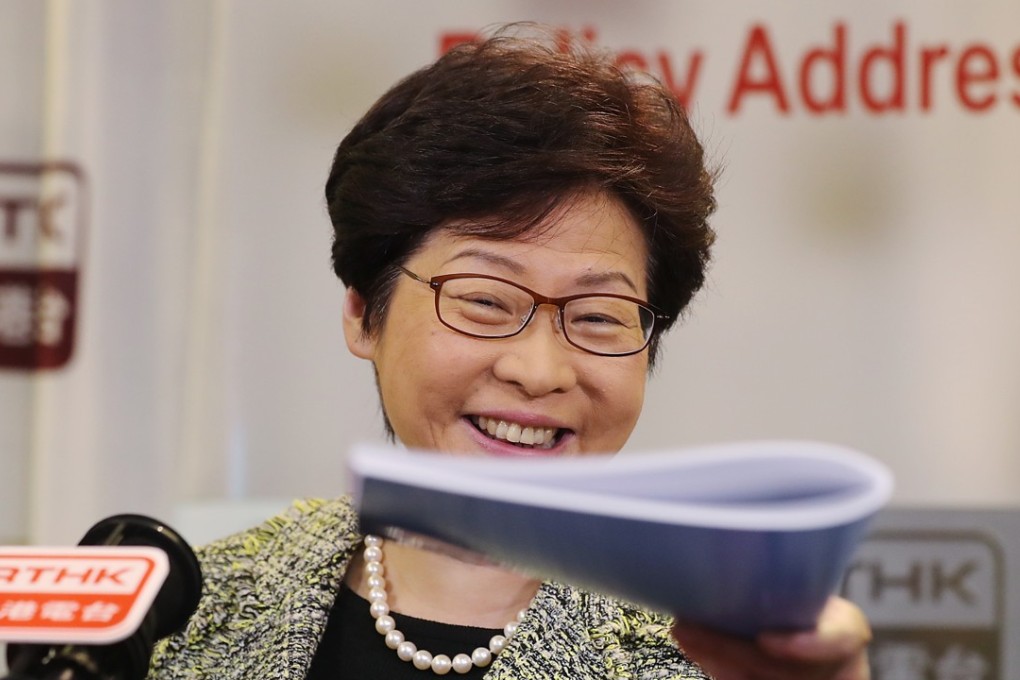Mind the Gap | Hong Kong’s budget won’t fix core problems of dominant cartels and lack of competitiveness

Hong Kong’s recent budget creates its own unconventional version of Freakonomics: the morality of how bureaucrats imagine the city works versus the economics of how it actually works. Despite pumped up welfare and social spending, the government’s failure to address structural economic and marketplace reform will only mean that the quality of living and competitiveness standards will only worsen.
The government can easily spend more billions when it has control over reserves that are almost a trillion dollars. But it won’t be able to spend its way out of Hong Kong’s dominant cartel and competition problems.
“Hong Kong is facing grave challenges. We must develop a high, value-added and diversified economy,” said Chief Executive Carrie Lam Cheng Yuet-ngor. True, but if she is serious, then she will have to do much more than more of the same as her predecessors. The difference between administration and governance is that the former is about working within the status quo and the latter is about pursuing a political vision against all odds.
In Hong Kong, the state is absent by historical design. Today, it doesn’t look after its peoples’ housing needs and economic future. A defiant oligarchy has taken hold. Hong Kong’s prosperity is also undermined by the very uneven spread of wealth. The prosperity we do have is highly dependent on property and related activities.
Hong Kong... is directionless, cowardly and stuck in a mess
So lower profits taxes are inconsequential for economic transformation because Hong Kong’s taxes are already among the lowest in the world. And new businesses rarely generate a significant profit in their early years so reduced taxes are not an incentive.

